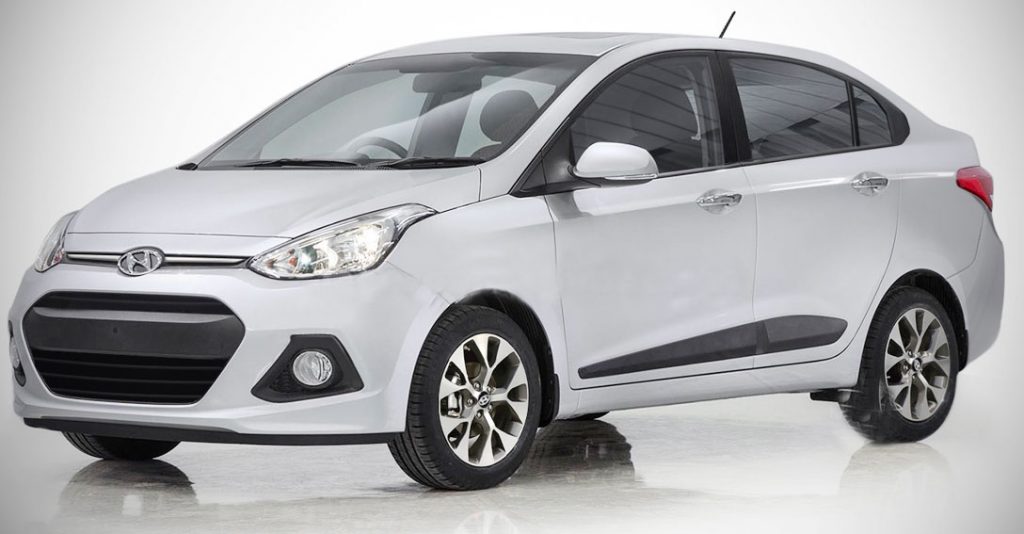BY MIKE OCHONMA
The Global NCAP has over the years fought for safer cars in developing countries including Nigeria, and its latest crash test highlights some of the inequalities that exist across borders.
Global NCAP (Global New Car Assessment Programme) is a project of the Towards Zero Foundation, a UK-registered charity, that aims to promote the sale of safer cars in developing markets by empowering consumers with objective information about the safety of vehicles.

Recently, the crash test authority took the cheapest Hyundai sedans from Mexico and the US and subjected them to an offset frontal collision at a speed not mentioned.
The Hyundai Accent, which is the entry sedan for many markets, offered good protection to its occupants in the crash, Global NCAP said, and the stable remained stable.
Hyundai i10 sedan, on the other hand, showed an unstable structure and poor protection to the driver, with a high probability of life-threatening injuries. With a result like that, the i10 would be rated as a zero star car by Latin NCAP.
In terms of safety features, the Mexican-market Hyundai Grand i10 was fitted with two front airbags while the US-spec Accent came with six airbags.
The very existence of cars like the i10 highlights the need for affordable motoring in developing nations, something Nigerians will surely understand.
While manufacturers will argue that adding considerable safety spec puts the car out of reach of entry-level consumers, Global NCAP is fighting for a no-compromise approach to road safety that sees equality across the entire world.
This safety to affordability dilemma was also highlighted in early 2020 when a Nissan Navara practically obliterated an NP300 built in South Africa from where Nigeria imports its stock in a similar Global NCAP crash test. However, the NP300 has since been replaced by lower-spec versions of the now-locally-produced Navara.







